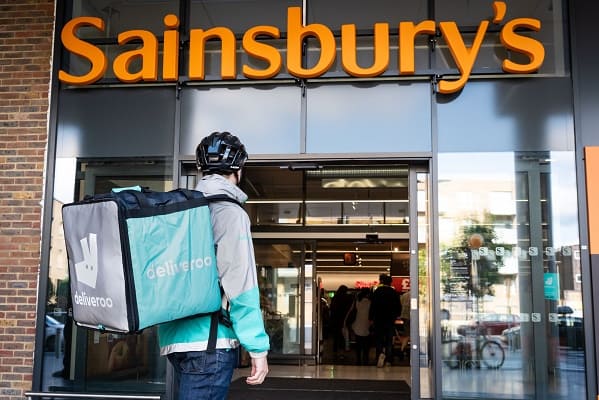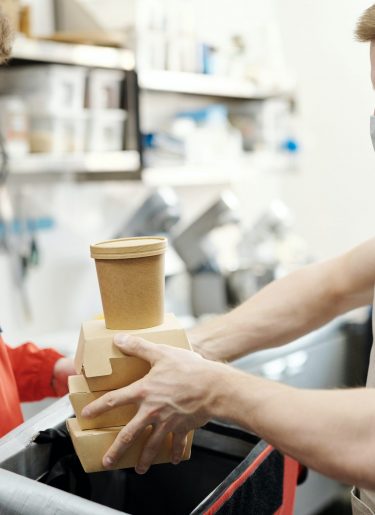

Secondly, it found that the rates Deliveroo pays (EUR 11 TO EUR 13 an hour) could be insufficient to make adequate arrangements for sickness, incapacity for work and/or unemployment. SalaryĪs regards salary, the Court of Appeal established that Deliveroo pays the riders per delivered meal and that Deliveroo determines the salary unilaterally. The Court of Appeal ruled, however, that neither the freedom provided by the system nor this substitute option were incompatible with the existence of an employment agreement. If a rider accepts a run, they are obliged to carry it out, but they can also have another rider substitute for them. They can then either accept or reject those offers. When riders are logged on, they can receive offers from Frank. For instance, it uses a system called Frank to determine who gets to deliver which meal.

On appeal, Deliveroo once again put forward the defence that the riders have a great deal of freedom in how and when they work. The Amsterdam Court of Appeal upheld that decision, finding that employment agreements were in place because the three requirements had been met: work, salary and authority. In proceedings between FNV and Deliveroo, the Subdistrict Court ruled at first instance that the riders work on the basis of employment agreements. On 16 February 2021, the Amsterdam Court of Appeal shed more light on the issue. That started a debate on whether the riders could actually be classified as self employed. In November 2017 Deliveroo decided to offer its food delivery workers – which Deliveroo calls riders - agreements for services instead of employment agreements.


 0 kommentar(er)
0 kommentar(er)
